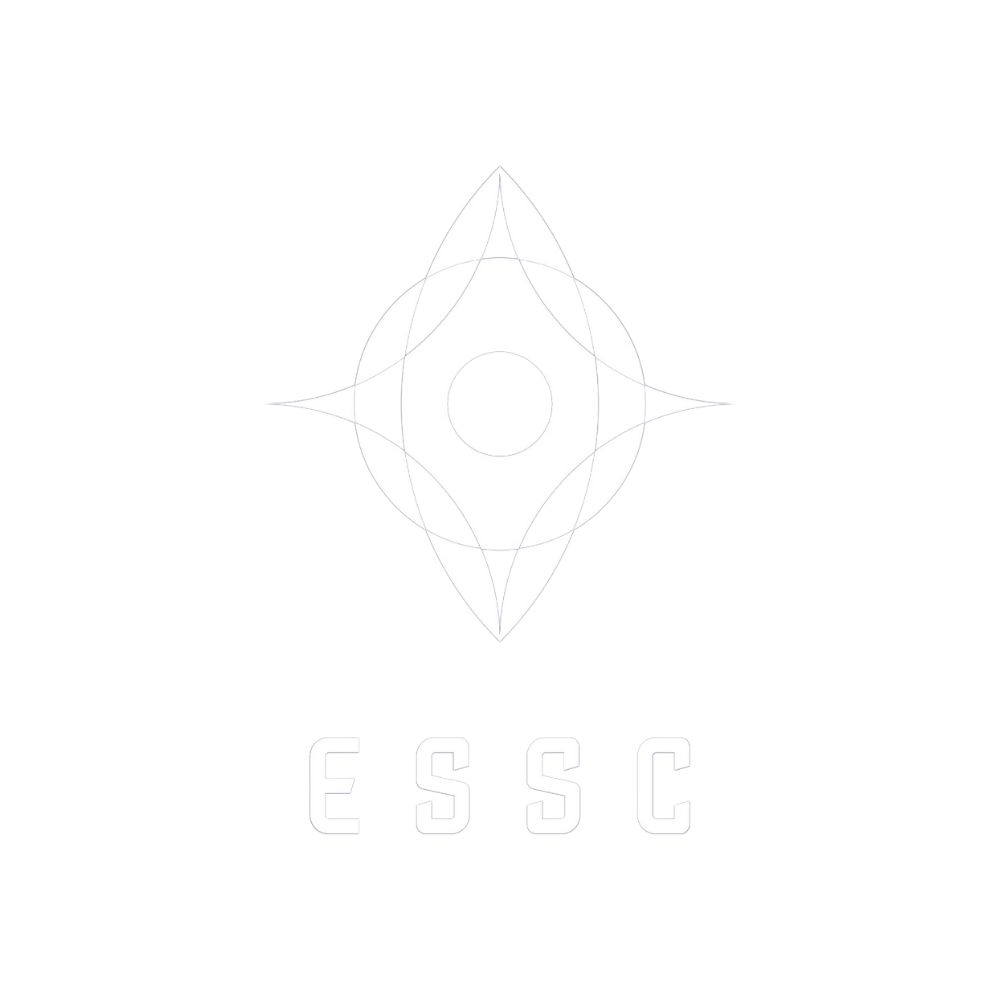How can Europe explore further, understand more and prepare better for adverse Space Weather effects?
October 10, 2019
A special report from international experts, spearheaded by the European Science Foundation’s European Space Science Committee, explains the challenges and provides a set of recommendations
Based on two years’ continuing assessment of European activities in the realm of Space Weather, the European Space Science Committee (ESSC), an Expert Board on Space Sciences hosted by the European Science Foundation (ESF), presents a set of workable recommendations about how the European Space Agency (ESA), the European Union (EU) and their respective member states can face Space Weather risks and incorporate future activities into a global scheme.
The 11-members international study committee was co-chaired by Hermann Opgenoorth and Robert Wimmer-Schweingruber of the ESSC and included ex-officio advisors of the European Space Agency (Space Situational Awareness Programme / European Space Operations Centre), the European Commission’s Directorate – General for Internal Market, Industry, Entrepreneurship and SMEs, and the European Commission’s Joint Research Centre.
Prof. Hermann Opgenoorth explains: “Space weather is one of these areas where scientific knowledge, societal aspects and economic interest are intrinsically linked”. Commenting on the output of the report, Prof. Opgenoorth, adds: “From observations, modelling and refined understanding of Solar, heliospheric and geospace plasma processes on one side and user requirements and the definition of the principles of an operational network on the other, our study committee identified actionable recommendations that would strengthen Europe’s knowledge and preparedness”.
“Space Weather is strongly associated with modern societies. European citizens’ daily life depends to a great extent on assets and services that can be impacted by disruptions caused by solar activity”, emphasizes Dr. Athena Coustenis, Chair of the ESSC. “I am glad that the European Space Sciences Committee decided to address this important issue and to facilitate the definition of robust recommendations”, Dr. Coustenis attests.
Why Space Weather matters
Over the last 10-20 years there has been an ever-increasing international awareness about space weather risks. Simply stated, space weather refers to the environmental conditions in space as influenced by solar activity. Much like normal weather, space weather is dynamic. In extreme events, space weather can be highly disruptive, causing radiation hazards for satellites and health risks for astronauts, problems with electric power grids, orientation problems in satellite and airline operations, interference in radio communication systems (including mobile phones), loss of accuracy of GPS navigation, etc.
With industry, businesses and households heavily reliant on power and communications, a critical question arises: how can we better prepare and coordinate our efforts, so that space weather risks are assessed, foreseen and confronted effectively across Europe?

Connecting the dots: six domains requiring coordinated action
Undoubtedly, Space Weather risks constitute a global threat, demanding a global response. At the same time, however, they require tailored regional or trans-regional response and coordinated action. Many individual countries and international organisations, like the United Nations, have begun to increase their activities in preparing for and mitigating effects of adverse Space Weather.
Europe should strive for a consolidated and coordinated approach to meet Space Weather risks and furthermore, to contribute to the on-going global efforts to mitigate Space Weather impacts, argues ESSC in its report. The need for coordination of such efforts applies both in member states level as well as in and among European bodies and organisations, such as the ESA. As such, the ESSC experts have identified six essential and indispensable activities, which urgently require coordination at European level:
- Enabling critical science to improve our scientific understanding of Space Weather. Support must be provided for the next generation space missions and the maintenance and augmentation of ageing ground-based infrastructure.
- Development and coupling of advanced models by applying a system-science approach which utilises physics-based modelling.
- Assessment of risks at national, regional and European levels. This requires close cooperation between decision makers, Space Weather scientists, service providers, and end-users.
- Consolidation of European User Requirement on a regular basis, considering regional and societal differences and needs.
- Supporting continuous iteration and feedback between Science Weather scientists and candidate organisations for Space Weather services (transition from Research to Operations).
- Definition and implementation of an operational network for future Space Weather observations, leading to predictions that will allow us to protect the society’s infrastructure.
Given that many countries are developing increasingly sophisticated infrastructure, which at this point can still be better prepared against Space Weather risks, this is a crucial step towards making our modern and technology-reliant society sustainable and resilient.
The full report titled “Assessment and recommendations for a consolidated European approach to Space Weather – as part of a global Space Weather effort”[1] is featured in the Journal of Space Weather and Space Climate (JSWSC) – Agora section, a dedicated place for space weather community. It is available here in its condensed version, and here in full version, without charge under a Creative Commons CC BY 4.0 license.
[1] Opgenoorth HJ, Wimmer-Schweingruber RF, Belehaki A, Berghmans D, Hapgood M, et al. 2019. Assessment and recommendations for a consolidated European approach to space weather – as part of a global space weather effort. J. Space Weather Space Clim. 9, A37.
